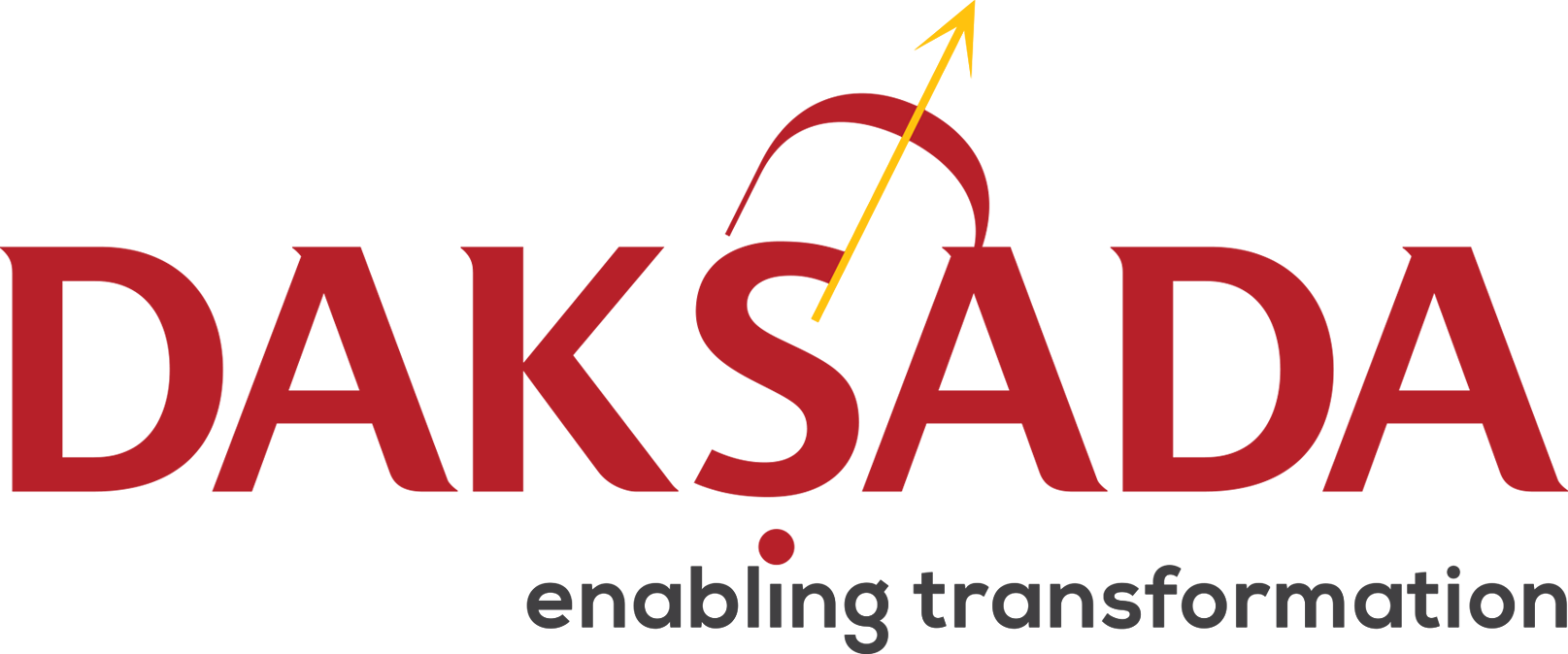Managing in the New Normal
Many cultures consider a crisis equal parts threat and opportunity. Treating the crisis as a learning opportunity could be the difference between surviving and thriving. Which side do you want to be on?
Teams today face a host of challenges caused by the rapid unfolding of the current crisis. As we are used to working together in a physical space, working remotely poses challenges which are unique and unexpected, but must be solved. Fortunately, we have a set of best practices that have been successfully used by teams working remotely.
Clearly Defined Targets & Deadlines
This basic principle from the good times continues to apply in a challenge. Remember: targets and deadlines need to be revisited and redefined for the current circumstances. Plan for a shorter time horizon and do not only focus on the end stage. Set daily and weekly targets as teams adjust to working remotely. We must adapt and evolve as circumstances unfold and we get more information.
Daily Schedules
The next crucial aspect of our work life is routine. In the physical office, we derived comfort from the routine of our work day, so now we must establish a new routine to help us thrive.
Tools & Infrastructure
Most of our homes are not as well equipped as our offices were, but our teams must still have the tools to work effectively at home. Make sure your team members can remain comfortable and productive despite lacking the infrastructure of a traditional office – this may be as simple as ensuring they have a monitor, external keyboard/mouse, and connectivity. Your team members will also benefit from simple and practical solutions to address physical stress – mainly ensuring the right ergonomics when spending hours in front of a screen. This way they can focus on getting results instead of coping with fatigue and other physical symptoms.
Regular Interaction
We are a social species by nature, so most of us work better in an environment where we can interact with colleagues. Fortunately, digital communication platforms allow us to effectively do what would have been unthinkable a few years ago – stay connected whilst physically apart. To keep up team spirit, schedule regular online interactions but make sure these do not become a distraction.
Tools to Collaborate
Technology comes to the rescue again. In the digital age, there are many applications that support team collaboration. If these applications are not already in place, the organization must implement them to enable and support teamwork. A strong collaboration-supporting platform can transform teams, allowing them to save time and effort whilst eliminating the risk of error.
Maintaining Work-Life Balance
As our work has now effectively invaded our homes, it is very challenging to draw the line between work and much needed down-time. Individuals are also putting themselves under pressure to perform, to avoid getting onto redundancy lists when businesses must make difficult decisions to survive. Team leaders need to watch out for team members who are at risk of burnout because they are taking on too much just to continue in employment.
It is crucial that team members get time to spend with family and hobbies – but keep in mind that monitoring work hours has become much more difficult since we can no longer use attendance records to let us know who worked late!
Individual Work Cycles
Team leaders must also be aware that we have different daily cycles. Some team members are morning animals, some are night owls. Being different makes us stronger together, but only when these individual differences are recognized and respected. Individuals need to come together for the good of the team, but where possible, they must be allowed to set and manage their own schedule.
Great team leaders are always mindful of these personal preferences and find ways to tap into the opportunities provided by these differences, so that the team truly becomes far more than the sum of its parts.
Leon Mendonsa has close to 3 decades of expertise in establishing, transforming, and leading successful Human Capital functions in a variety of industries in the Asia, MENA and CIS regions.
He is currently Associate Director – People Practice for Daksada, providing comprehensive Human Capital solutions to customers from SMEs to large MNCs and Government organizations.



